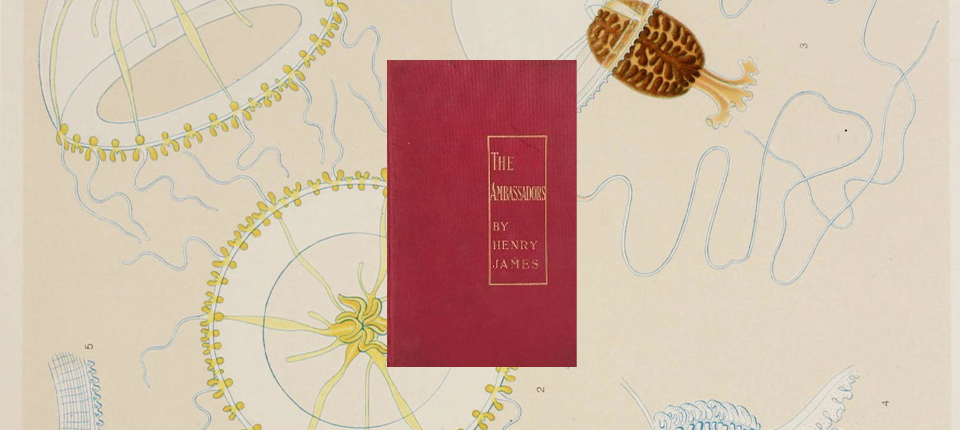The Best of the Literary Internet, Every Day

TODAY: In 1903, Henry James’ The Ambassadors is published.
- Omar Zahzah looks at digital settler colonialism and modern blacklisting: “Even if blacklisting is a well-worn strategy of Zionist persecution, Canary Mission constitutes an escalation.” | Lit Hub Politics
- Nina West on literature, the necessity of Drag Queen Story Hour, and why reading is fundamental. | Lit Hub Libraries
- “It always jarred me to see joy like that in prison, as if part of our punishment was that we weren’t allowed to feel it.” Prison journalist John J. Lennon on exploitative entertainment and life in Sing Sing. | Lit Hub Memoir
- Ed Simon considers climate apocalypse and the limits of language at the end of the world. | Lit Hub Climate Change
- Benjamin Nathans examines the ideological evolution of Soviet dissidents, from his Cundill Prize-shortlisted To the Success of Our Hopeless Cause. | Lit Hub History
- “My empathy is big enough to let me love something (or someone) even if they have not pledged allegiance to me…” On Archie Comics, Old Hollywood, and loving worlds where we don’t belong. | Lit Hub Craft
- “How did we end up in a circle surrounding the bunny in Kyra’s attic?” Read from Mona Awad’s new novel, We Love You, Bunny. | Lit Hub Fiction
- David A. Keeps looks into the booming audiobook business (and its discontents). | Los Angeles Times
- “His general advice to people attempting to craft humane, precise, and literate prose has scarcely aged, and his own bracing style still informs and delights.” Ben Yagoda on Henry W. Fowler, “the autocrat of English usage.” | The New Yorker
- Emily Zarevich looks at the life of Christine de Pizan, Europe’s “first professional woman of letters.” | JSTOR Daily
- “Heat, once a matter of inconvenience, something to build one’s life around, is now a matter of life and death.” Lauren Markham on the startling visibility of climate crisis in Greece. | Broadcast
- A federal judge has ruled that the “gender ideology” ban for NEA grant applicants is unconstitutional. | Hyperallergic
- Sabrina Weiss chronicles the challenges of protecting Peru’s beaches from oil spills: “A protected area draws more visitors, which means more infrastructure, more waste, more pressure on the local environment.” | The Dial
Article continues after advertisement
